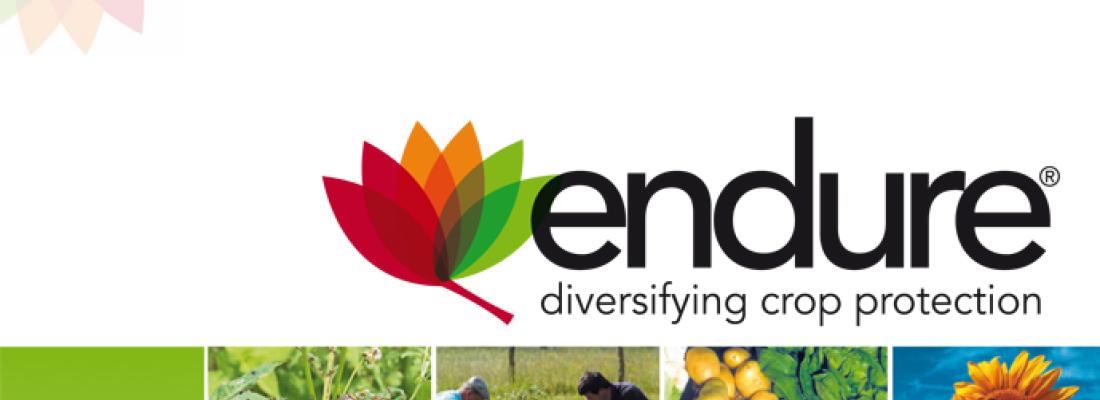Agroecology Reading time 1 min
Integrated Pest Management in Europe
Published on 12 June 2010

Coordinated by INRA, ENDURE gathered more than 300 researchers from 16 different institutions across 10 European countries. This network represents a contribution to the European Research Area and will be maintained after 2010 in the form of a European Research Group (ERG). The ENDURE ERG will ensure we continue to profit from the synergies created and will become a reference point for sustainable strategies for managing pests.
See the videos of the conference:
24 November 2010:
25 November 2010:
As part of this network, a foresight study was conducted by INRA and three other research institutes which are also members of ENDURE (Aarhus University in Denmark, Rothamsted Research Centre in Great Britain, Wageningen University in the Netherlands) from July 2007 to October 2010.
A new European project, named PURE, for Pesticide Use-and-Risk reduction in European farming systems with Integrated Pest Management, will be launched for a four-year period (2011-1014) after Endure. Coordinated by INRA, PURE associates 14 European research institutes or universities, 2 extension organisations, 5 industries and 1 project management consulting company.
